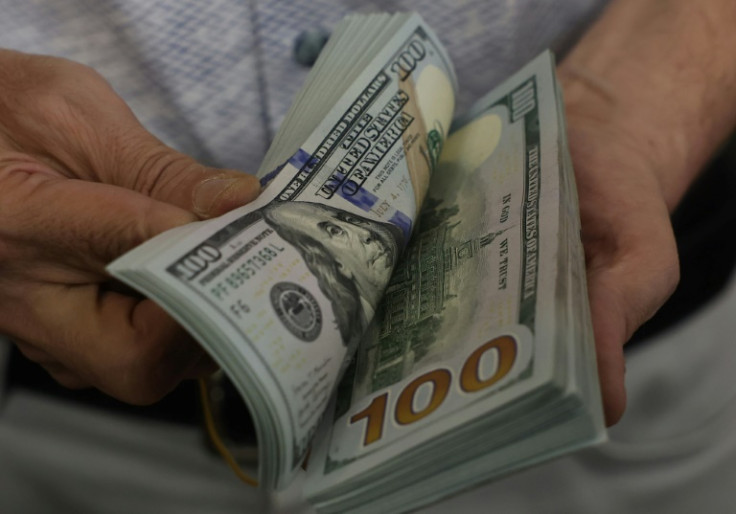Can the US Economy Weather Global Recession Risks?
Amid the backdrop of technical recessions in both Japan and the UK, attention now switches to the economic trajectory of the United States, the world's largest economy. While Japan's downturn is intricately attributed to its shrinking population, the UK's recession reflects a decline in consumer spending despite population and wage growth.
Conversely, the US economy has showed resilience, buoyed by robust consumer spending driven by substantial pandemic stimulus measures. Moreover, the nation's reduced dependence on Russian energy has protected it from the repercussions of geopolitical events such as the invasion of Ukraine.

However, recent data unveiling lower-than-expected retail sales in January raises concerns about a possible slowdown in American consumer activity following a record-breaking holiday season. Nonetheless, the labor market remains strong, with unemployment rates consistently below 4% for an extended period.
Despite these indicators, the possibility of a recession looms, contingent upon the determination of the Business Cycle Dating Committee at the National Bureau of Economic Research, which evaluates economic contractions retroactively. While two consecutive negative quarters of GDP growth do not always indicate a recession, the risk of an economic downturn has heightened since the Federal Reserve started its tightening cycle in March 2022.
However, Federal Reserve Chair Jerome Powell remains optimistic, highlighting the absence of current recessionary conditions. Nonetheless, unforeseen economic shocks, such as the global COVID-19 pandemic, accentuate the inherent unpredictability of economic forecasting.
White House economic adviser Lael Brainard also expresses confidence in the US economy's resilience, linking its strength to factors such as robust consumer spending, infrastructure investment, and clean energy initiatives. Brainard's remarks indicate the Biden administration's commitment to sustaining economic growth and supporting both domestic and global economic stability.
Looking ahead, economists like Philipp Carlsson-Szlezak of the Boston Consulting Group forecast a slow-growth trajectory for the US economy rather than an outright recession. Nevertheless, potential risks appear, particularly concerning the Federal Reserve's monetary policy decisions. Failure to match with market expectations for interest rate cuts in 2024 could expedite adverse effects on financial markets, most likely catalyzing a recessionary environment.
© Copyright IBTimes 2024. All rights reserved.












